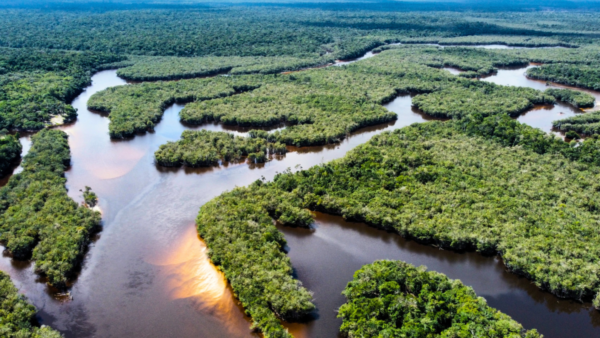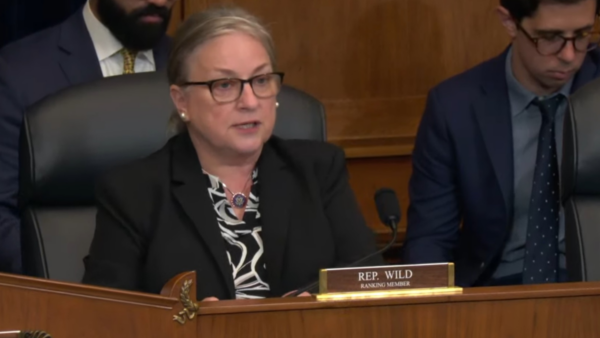The Health Ministry on Thursday announced details of its upcoming dengue vaccination campaign, which will begin in February and has struggled with the low number of doses offered by Takeda, a Japanese pharmaceutical company.
The campaign will focus on cities with a population of more than 100,000 and surrounding towns with higher dengue prevalence over the past two years.
Vaccination will be limited to children and adolescents between the ages of 10 and 14, who are second only to senior citizens in the risk of being hospitalized with dengue fever. However, federal health regulator Anvisa has approved Takeda’s Qdenga vaccine only for people up to the age of 60.
The government said that “defining a target population and priority regions for vaccination was necessary due to the limited capacity to supply doses” by Takeda.
Eder Gatti, director of the federal vaccination program, said in a press conference that the quantities will be enough to vaccinate all people aged 10 to 14 in the selected regions.
“The Health Ministry bought everything [Takeda offered], and if we could, we would have bought more,” he said.
Takeda signed a contract to provide just over 5 million doses in 2024, enough to vaccinate about 2.5 million people with the two-dose regimen, or just over 1 percent of Brazil’s population. The company has also pledged to donate additional doses.
The government has also purchased a further 9 million doses for delivery in 2025.
Brazil reported a record 1,094 dengue fever deaths and more than 1.6 million dengue cases in 2023, a 16 percent increase from 2022.
In the first three weeks of 2024, Brazil has reported more than 120,000 suspected dengue cases — 170 percent more than the same period last year.
Officials are concerned about a World Health Organization warning that the ongoing El Ninõ phenomenon and climate change are linked to the increasing risk of dengue epidemics.
Brazil will be the first country to offer Qdenga in its public health system.


 Search
Search











































